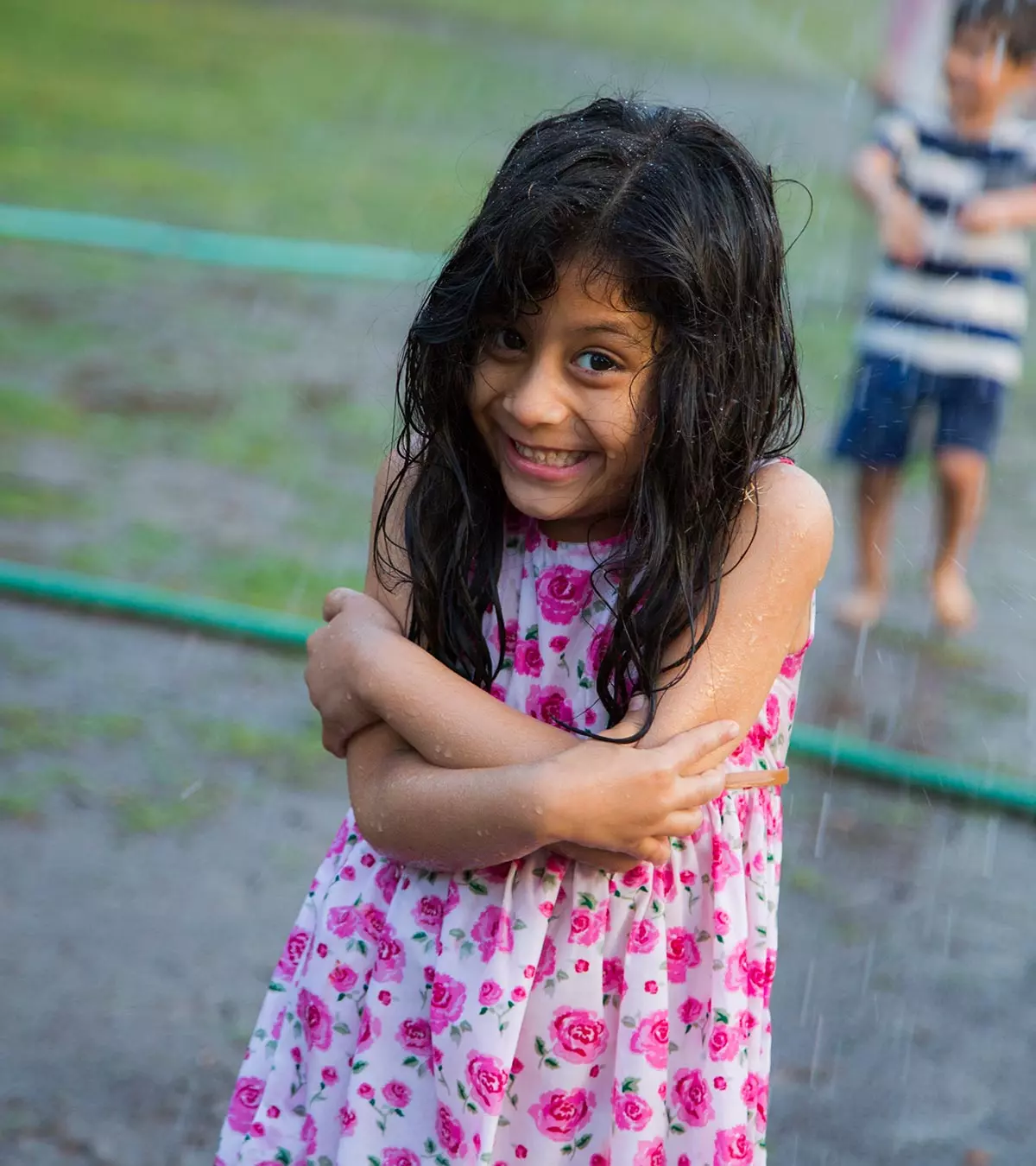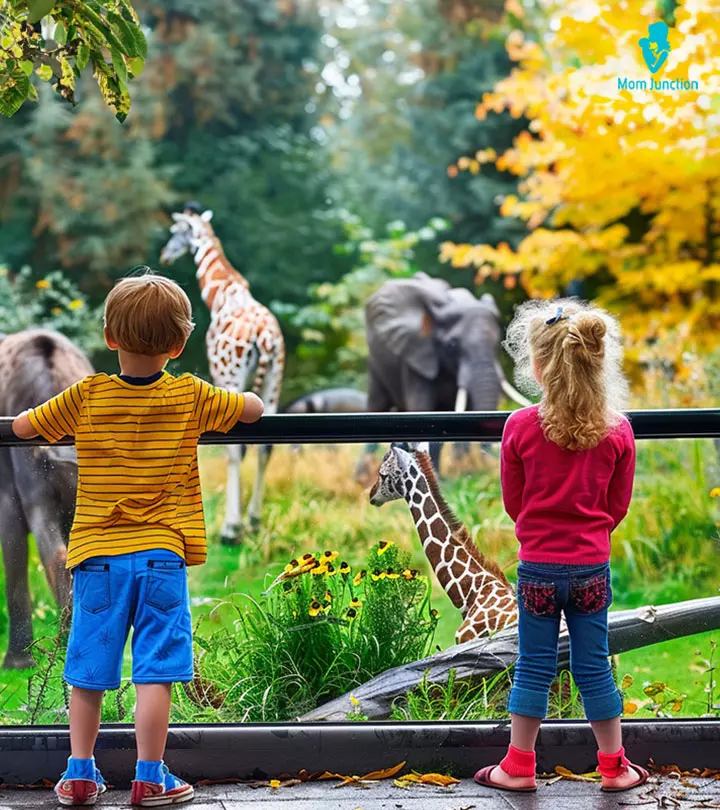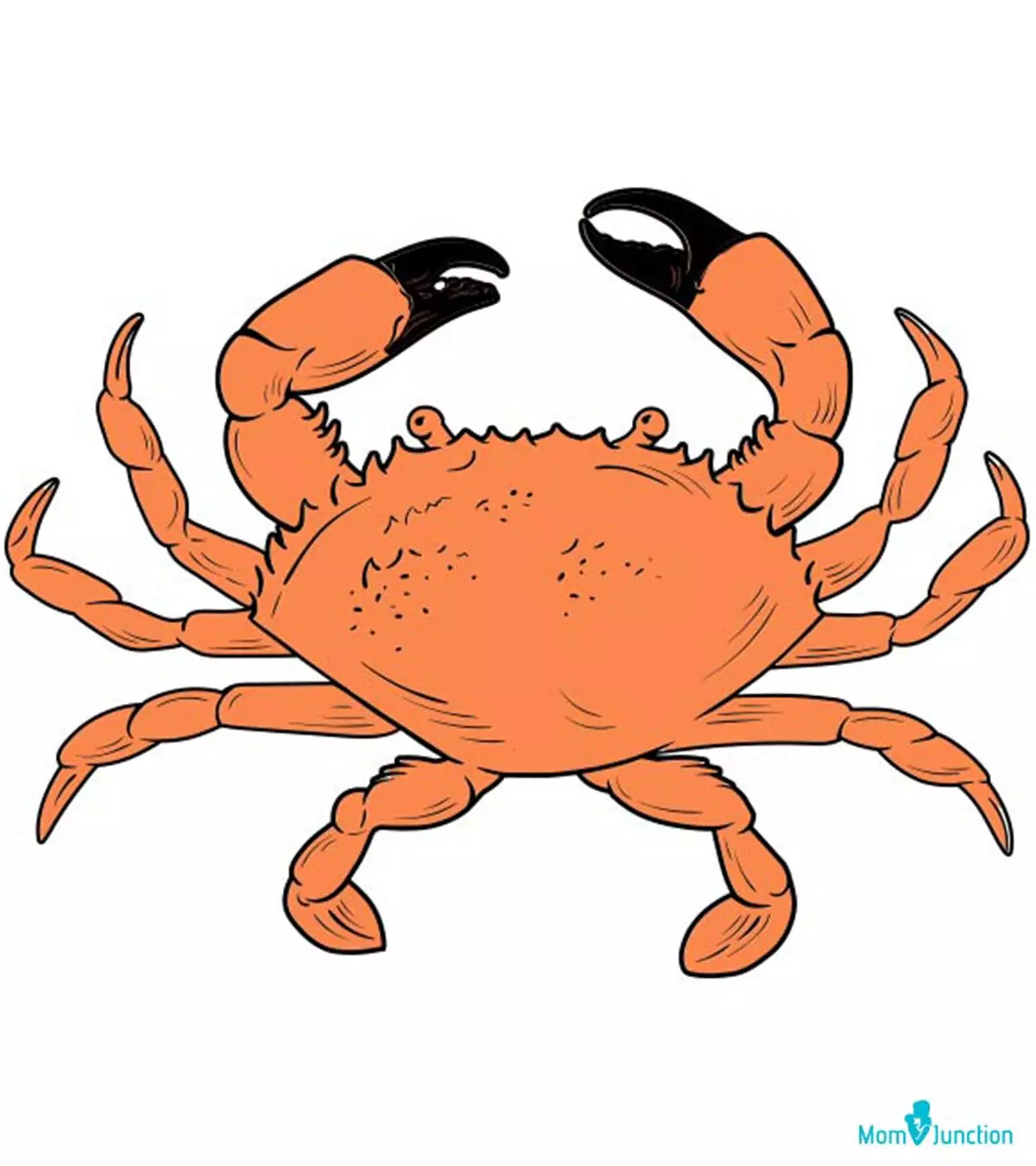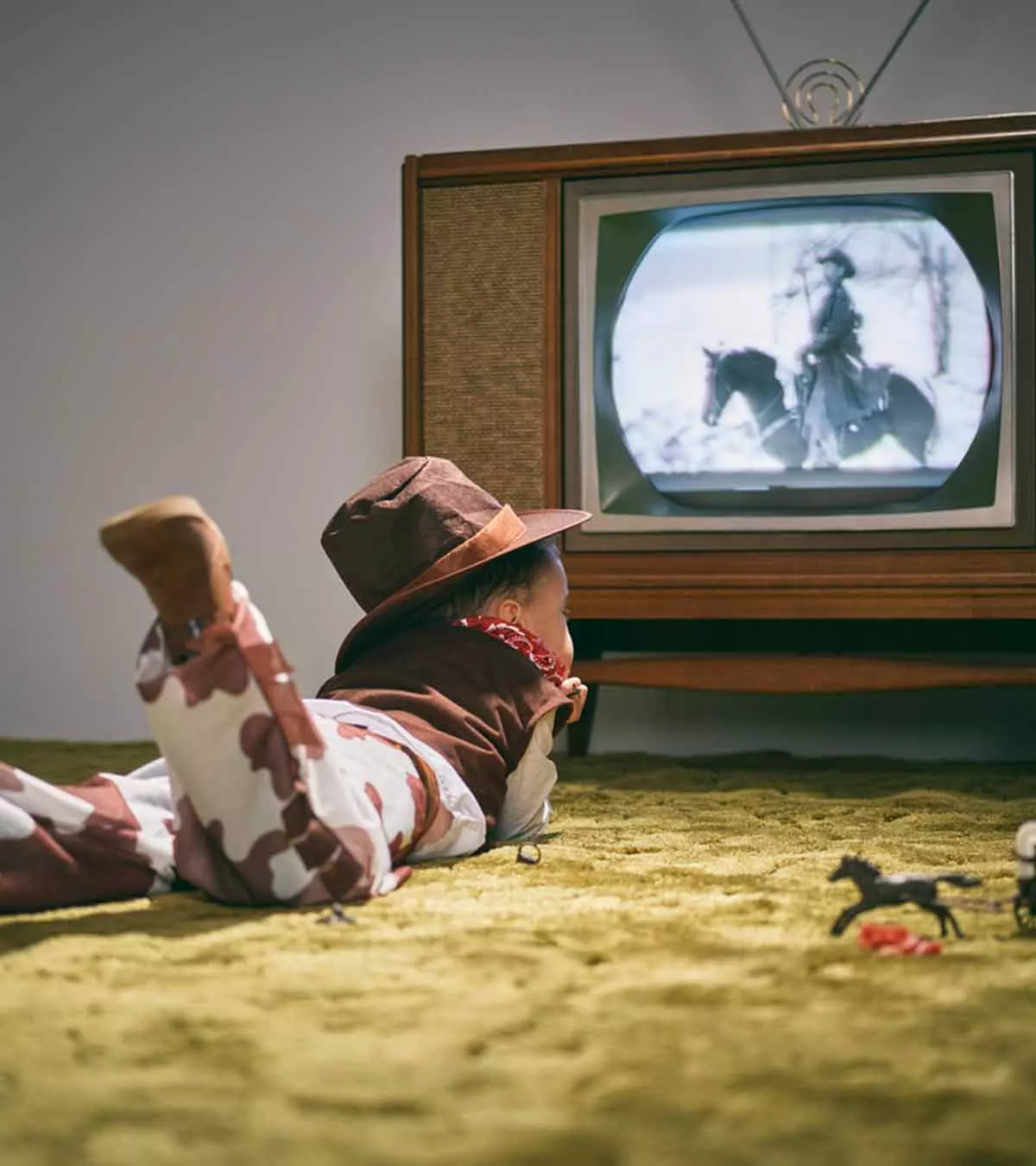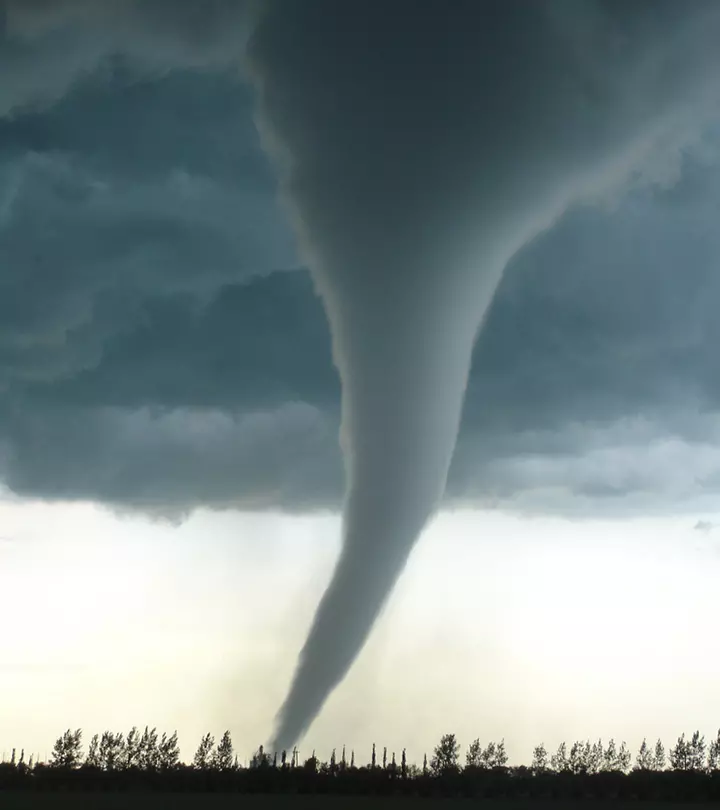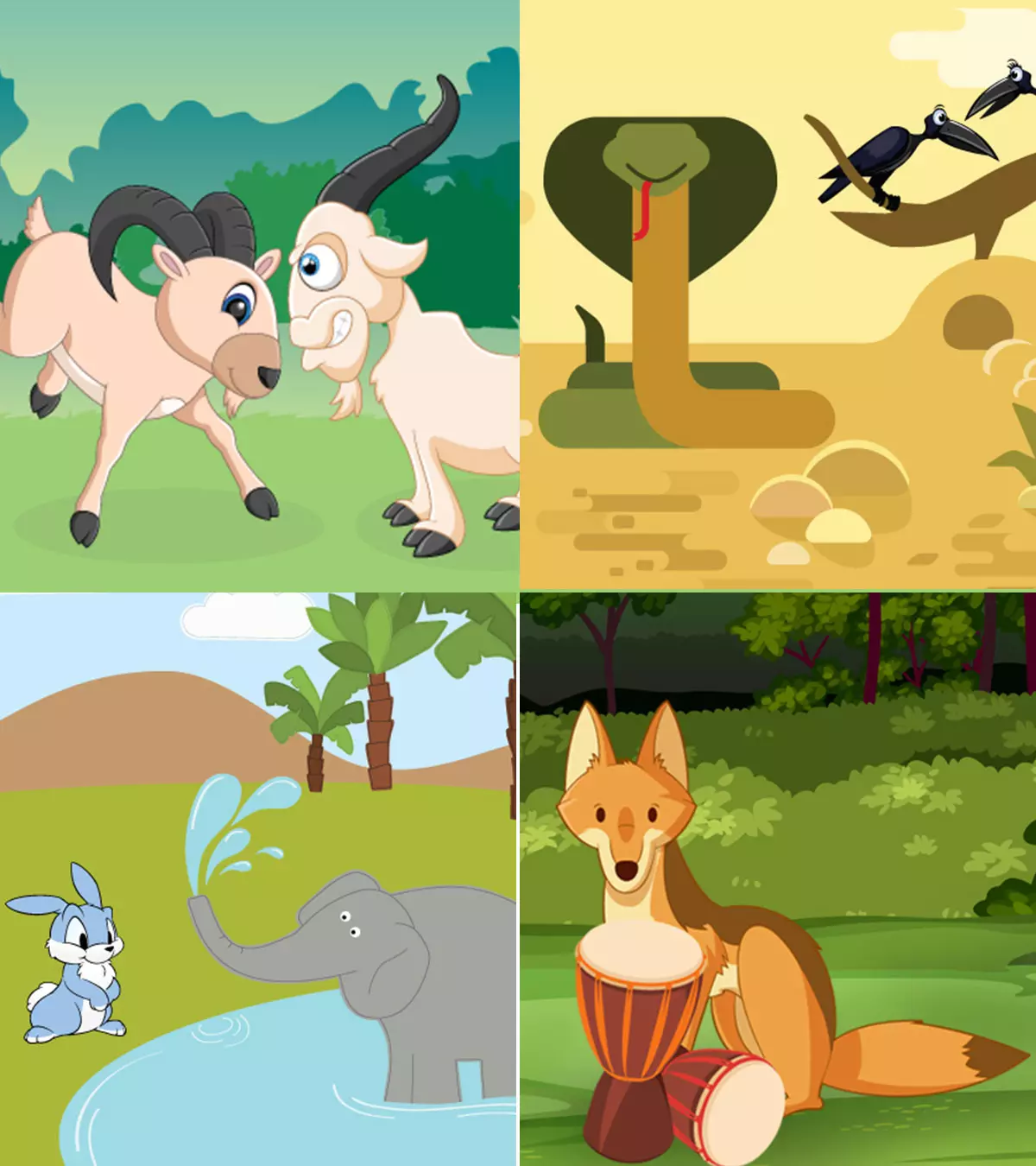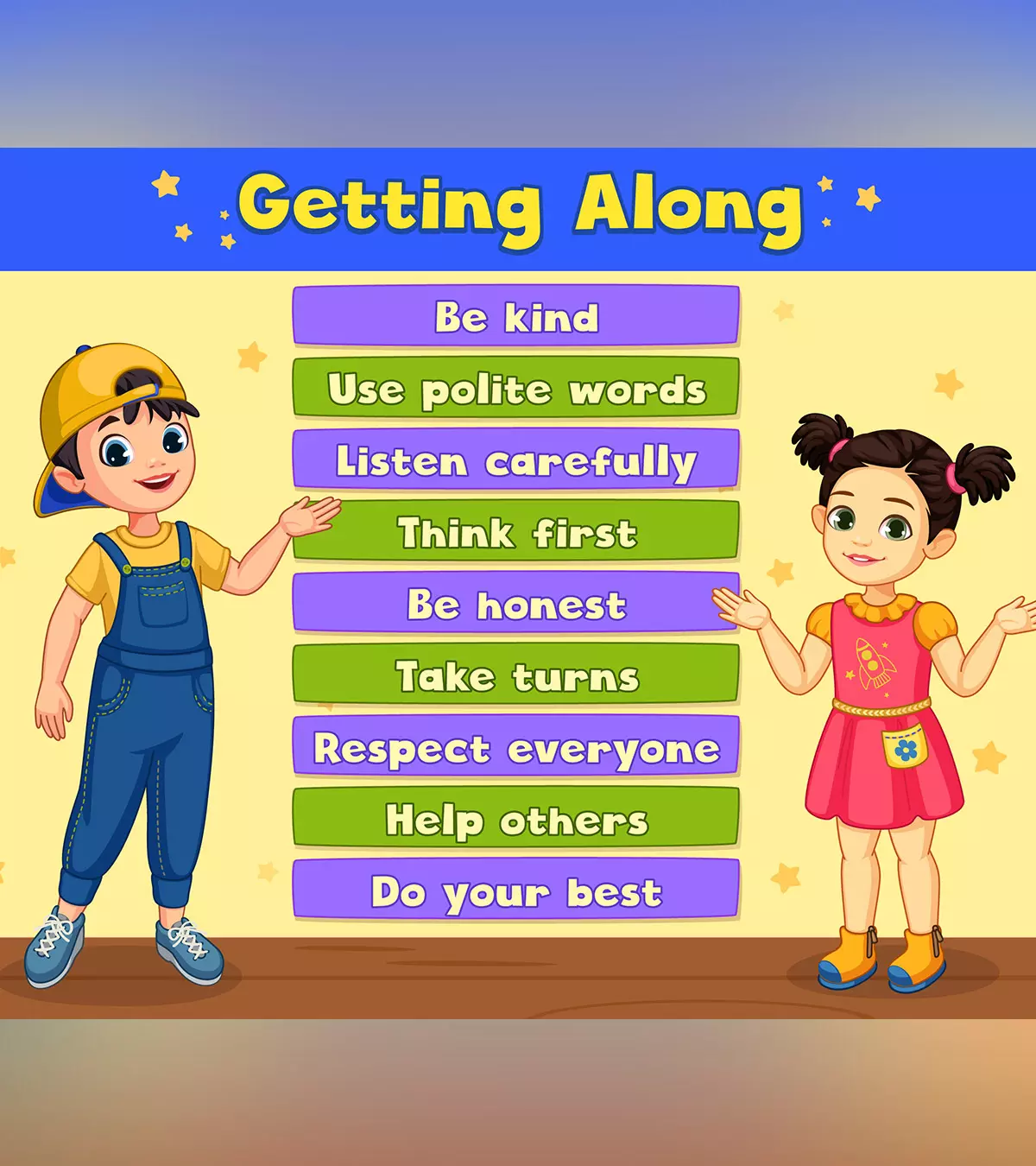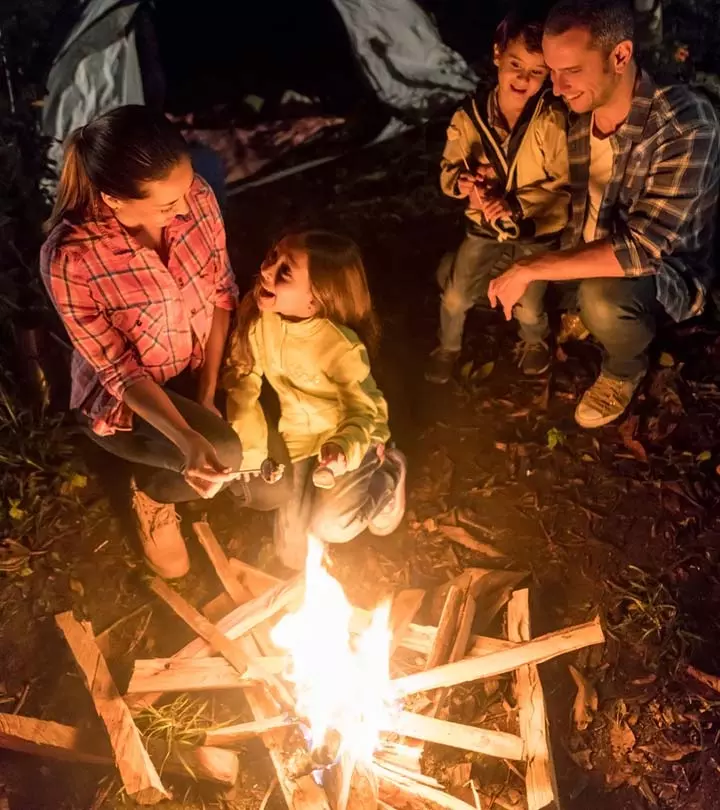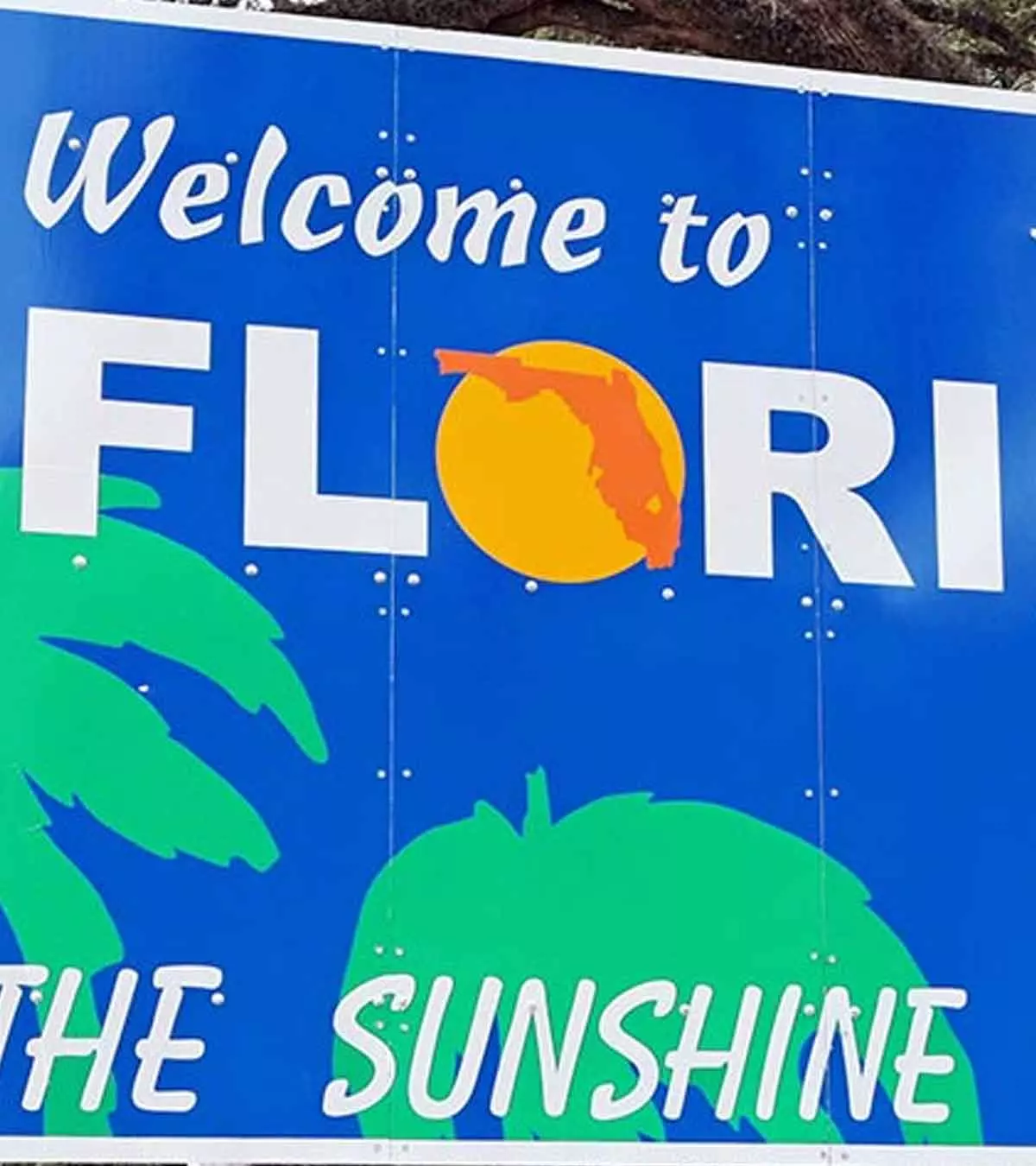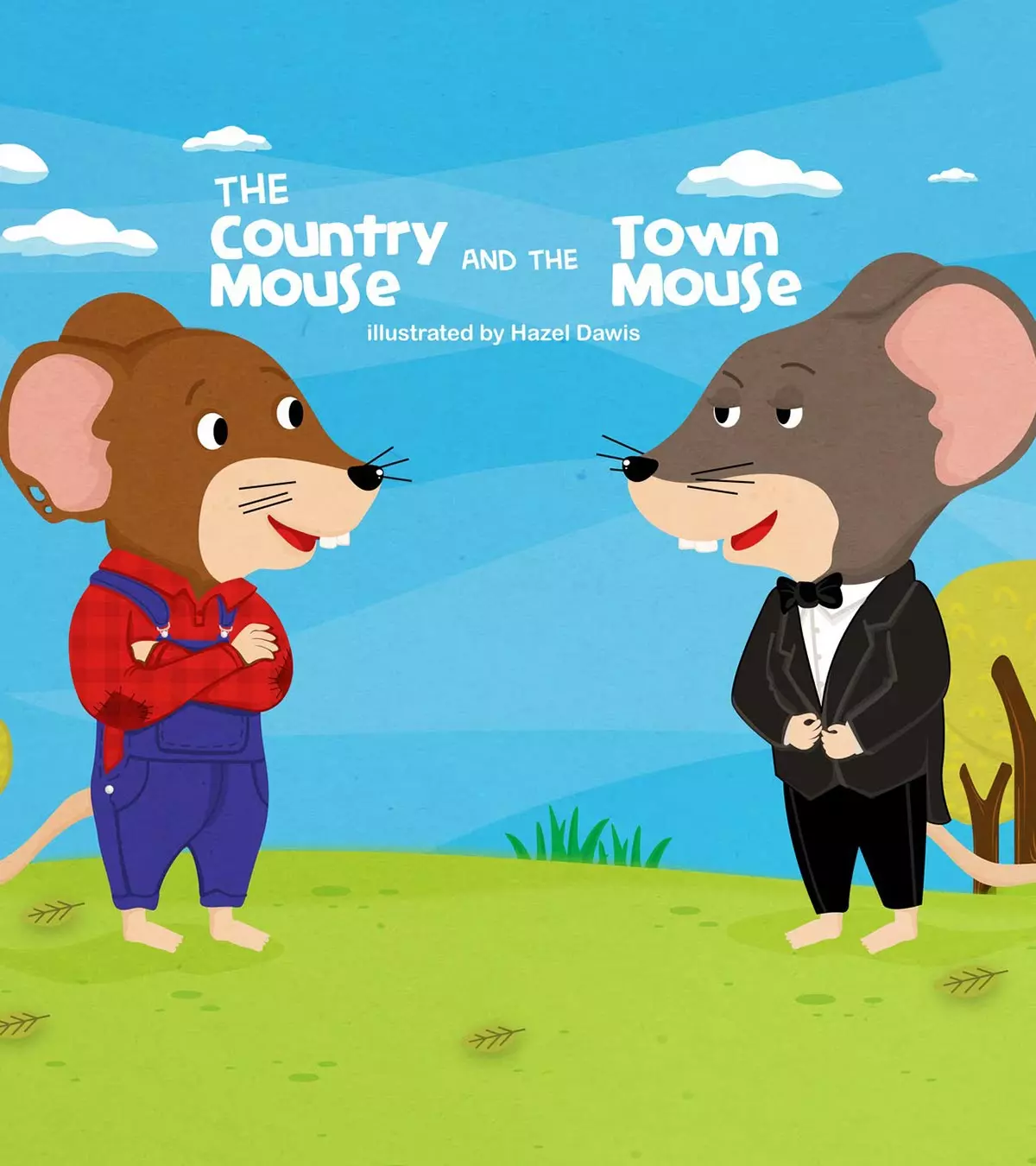
Image: Shutterstock
Science shows for kids help in sharpening their logical thinking and creativity. They help satiate the child’s curious and imaginative brain and aid in their intellectual and cognitive development. They are also a fun way to introduce the vast world of science and technology to children.
Encouraging children to watch science shows during their screen time instead of using it for casual entertainment or gaming will help introduce young minds to a world full of possibilities. Read this post to know the best science shows to introduce to your kids.
Key Pointers
- Educational science shows help improve the child’s imagination, cognitive skills, and knowledge.
- Science shows can be a good choice during the child’s screen time.
- Thomas Edison’s Secret Lab, Naked Science, Emily’s Wonder Lab are some of the many enlightening science shows for kids.
What Makes A Good Science Show?
Several factors make a science show successful and helpful for children.
- A good science show can be interesting if it is age-appropriate and the topics are relatable.
- Science shows should be entertaining and also encourage critical thinking and problem-solving skills
- It should be from trusted sources and well-known educators. A good show should be exciting and fun, with cool pictures and stories to keep your child’s attention.
17+ Science Shows For Kids
Read on to choose your favorite kid’s science show from this curated list.
1. Cosmos: A Spacetime Odyssey
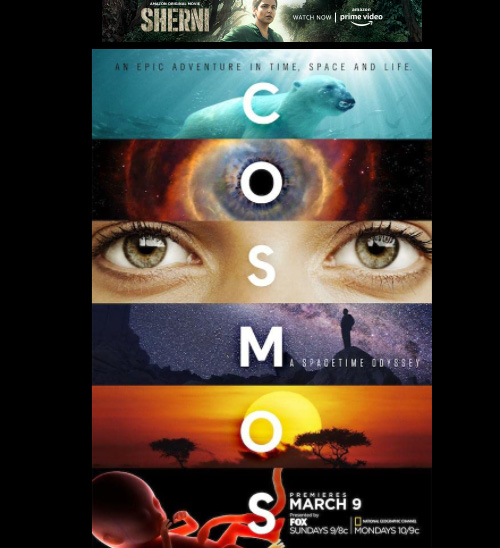
This is an American science-based television documentary series hosted by the world-renowned astrophysicist Neil deGrasse Tyson. This thirteen-episode series offers insights into the universe’s complexities, and scientific and natural phenomenons to evoke a sense of wonder and exploration in young viewers.
Recommended Age: 8+
Available on: Amazon Prime Video
2. The Magic School Bus Rides Again
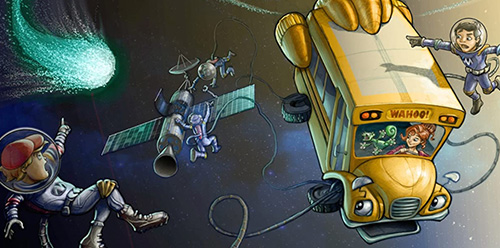
The magic school bus rides again is a 2017 animated television series that is a sequel to the PBS Kids series The Magic School Bus. Travel along this exciting and wild journey in a magical bus with Ms. Fiona Frizzle and her class to dwell in an incredible world of science with exciting creatures, interesting animals, time zones, and fascinating geographies.
Recommended Age: 6+
Available on: Netflix
3. Thomas Edison’s Secret Lab
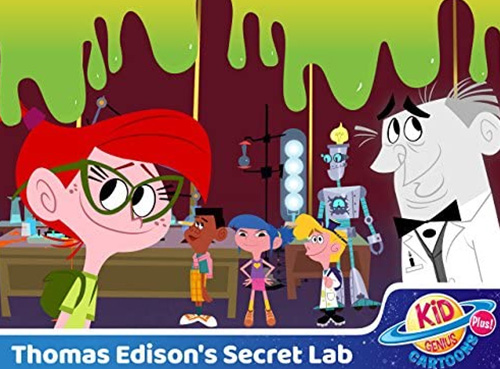
Thomas Edison’s secret lab is a 2015 animated television series that is based on a secret lab of Thomas EdisoniAmerican inventor and businessman, known for his development of the practical incandescent light bulb . The lab has a virtual version of Edison, and a robot named Von Bolt, discovered years later by Angie, a 12-year-old prodigy. Watch Angie and her friends create wild creatures, experiment with science, and have fun in this educational and action-packed science show.
Recommended Age: 6+
Available on: Amazon Prime Video
4. SciGirls
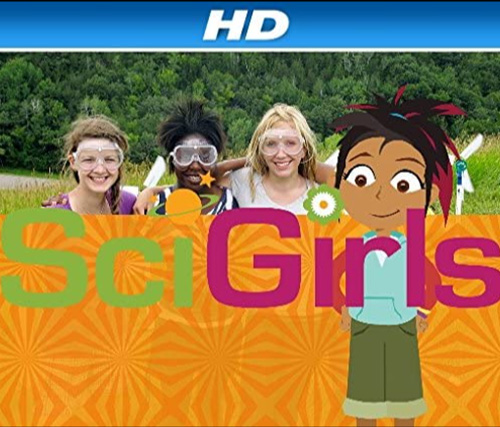
SciGirls is an American television series, which is a mix of live-action and animation. The series shows how teen girls are involved in doing several scientific experiments in their everyday life. The show is sure to get your child thinking about scientific aspects, technologies, engineering (STEM), etc., and inspire them to learn more about scientific technologies. Don’t miss the rocking theme song of SciGirls.
Recommended Age: 7+
Available on: PBS kids
 Did you know?
Did you know?5. Destination World

A quick-paced program with seven episodes, each focusing on a different continent. This captivating documentary transports you from the lush, evergreen Amazon forest through Africa’s scorching, dry deserts. Some of the fascinating details about wildlife and nature are revealed in this series.
Recommended Age: 10+
Available on: National Geographic Kids
6. Xploration Outer Space
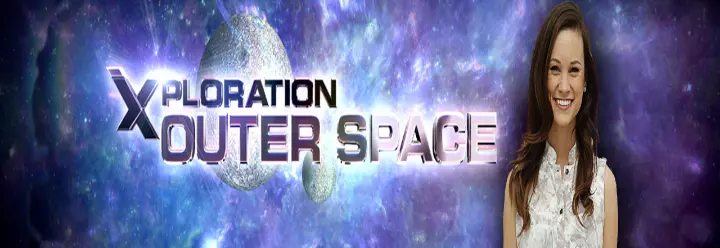
Xploration outer space is an American TV series on astronomy hosted by Emily Calandrelli, a science communicator, scholar, and former NASA employee. Emily visits NASA and other agencies to communicate with experts in the space industry. Explore the interesting details of STEM content on science, technology, and engineering as you witness this incredible journey to space and the universe.
Recommended Age: 8+
Available on: Xploration Station
7. Earth to Luna!
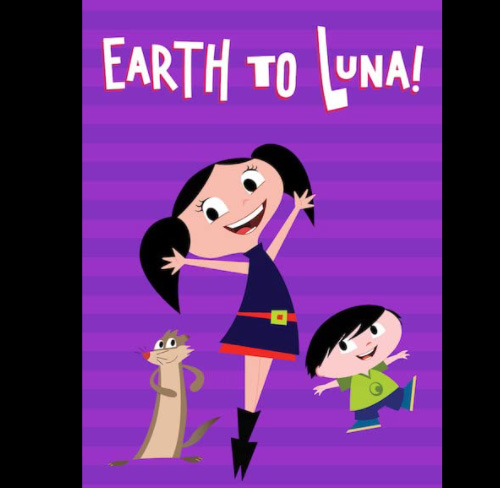
The American-Brazilian animated TV series Earth to Luna depicts the curiosity and adventures of Luna, a 6-year-old. Her imagination and curiosity make her discover various scientific processes (including earth science) with her little brother and pet. She also shares these learnings with her parents at the end of each episode. This adventurous TV series is a must-watch.
Recommended Age: 4+
Available on: Amazon Prime Video
8. NOVA

NOVA is a popular series from 1974. If your kids are curious about scientific facts and are interested in research or discoveries, this is the right show. In addition, you can watch special interviews with research scientists and documentaries on a wide variety of scientific topics in this American series.
Recommended Age: 8+
Available on: Amazon Prime Video
9. The Universe
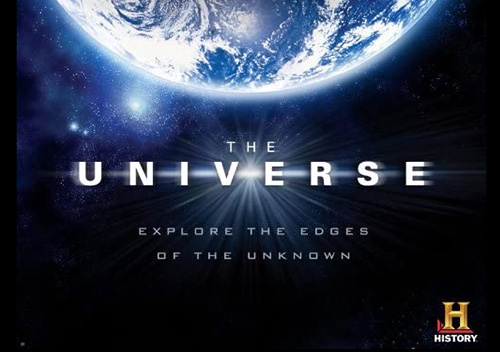
Image: IMDb
Discover the astonishing secrets of the universe, including planets, black hole, and celestial wonders, in this 2007 American television documentary series. This educational show keeps you interested in the new findings and mysteries of the universe.
Recommended Age: 7+
Available on: History
10. Xploration Earth 2050

Xploration Earth 2050 is a series that focuses on advancements in science, technology, engineering, and mathematics(STEM). Watch this fascinating journey as the host Joe Penna takes you through the mind-blowing developments of science and innovation in technology and its effects on our future.
Recommended Age: 8+
Available on: Amazon Prime Video
11. Oh Yuck!
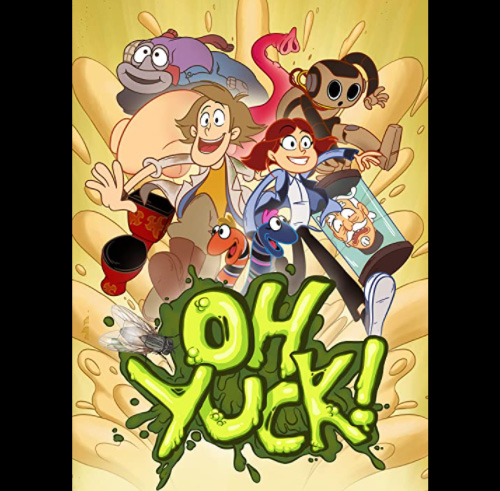
This is a fast-paced, educational comedy series with a mix of animation and live-action. Watch as Dr. Septico Yuck explores the science behind the slimy, gross, and ickiest things on the planet in this fun scientific show for kids.
Recommended Age: 11+
Available on: Amazon Prime Video
12. Beakman’s World
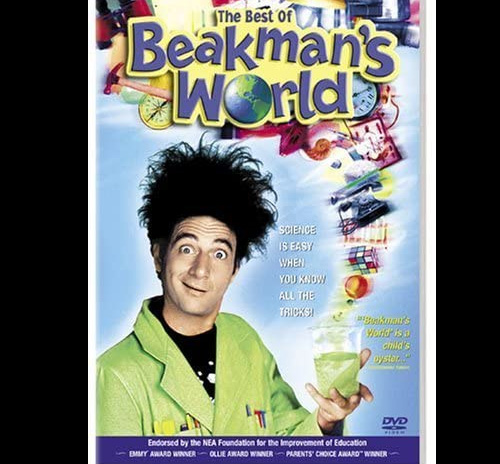
Beakman’s world is a comic, interactive television science program led by an eccentric scientist named Beakman. In the four seasons of this show(1992-1997), Beakman demonstrates scientific experiments based on viewers’ questions.
Recommended Age: 5+
Available on: Vudu
13. Operation Ouch
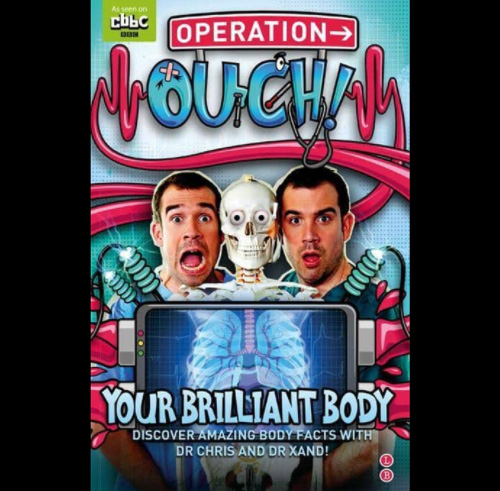
Operation Ouch is a science-based British comedy TV show hosted by twin brothers Dr. Chris, Dr. Xand, and Dr. Ronx. The thrilling series showcases amazing facts about the human body and experiments performed by doctors to educate children and viewers. Watch this show with your kids to learn about the fascinating world of biology and medicine.
Recommended Age: 9+
Available on: Amazon Prime Video
14. Backyard Science
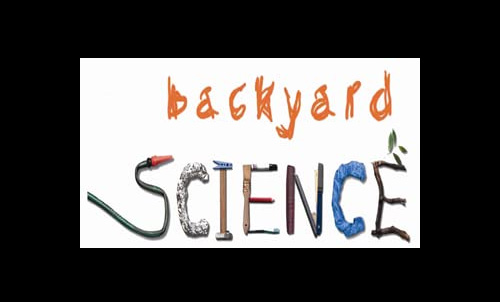
Backyard science is an educational science-based television program hosted by kids. In this Australian show, children are seen performing fun experiments using everyday items and creating fun stuff while providing scientific insights to viewers.
Recommended Age: 7+
Available on: ABC
 Quick tip
Quick tip15. DragonflyTV

DragonflyTV is an award-winning television series featuring several seasons. The educational and exciting series lets your children learn about the wonders of science. DragonflyTV is also a website covering several disciplines of science, including natural science, environmental science, meteorologyiThe scientific study of processes that control weather and climate, and the prediction of future weather patterns , healthy living, etc.
Recommended Age: 6+
Available on: PBS
16. Emily’s Wonder Lab
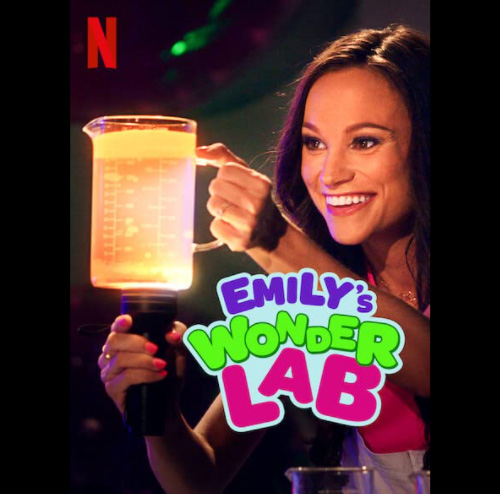
Emily’s wonder lab is a science-based, educational and fun TV series hosted by renowned American science advisor and contributor Emily Caladrelli. In this live-action series, Emily demonstrates fun science experiments and interesting activities with the kids.
Recommended Age: 6+
Available on: Netflix
17. Planet Earth
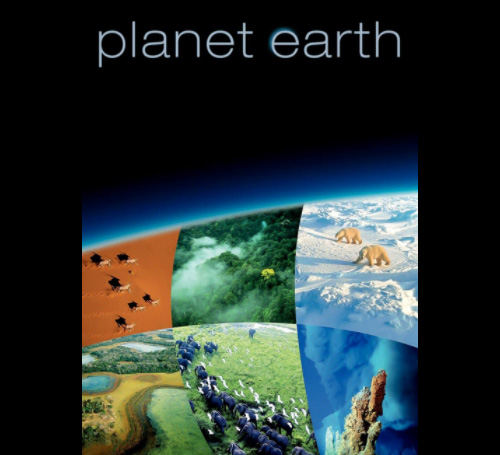
Planet Earth is the first-ever Television series to be filmed in high definition that was first telecast in 2006. Each episode in this documentary series features different habitatsiThe natural environment in which a particular organism or species lives, including all the physical and biological factors on Earth. Watch this brilliant British science TV series to witness the natural world’s wonders that were never seen before.
Recommended Age: 6+
Available on: Discovery +
18. Ada Twist, Scientist
Ada Twist, an eight-year-old African-American scientist, along with her two closest companions, Rosie and Iggy, embark on a scientific exploration. Together, they immerse themselves in scientific discovery, driven by curiosity and teamwork. This delightful show celebrates diversity, scientific temper, and the joy of learning. It also takes the young audience to the exciting world of science and teaches them the valuable lessons of friendship.
Recommended Age: 3+
Available on: Netflix
19. One Strange Rock
One Strange Rock is a fascinating documentary series about life on the strange rock. It is hosted by actor Will Smith and shares interesting facts about Earth’s ecosystems. It also shares the experiences of astronauts who’ve been to space. The show narrates how everything on Earth is connected and how special our planet is for all living things. It helps children learn about our incredible world and the importance of taking care of it.
Recommended Age: 8+
Available on: Disney+
Frequently Asked Questions
1. How do I explain what science is to children?
Explaining science to children can be challenging, but it is crucial to help them understand the world around them. Using everyday examples, hands-on activities and experiments, and teaching about scientific methods can make science fun and engaging for children.
2. How do I introduce science to a child?
Encouraging children’s natural curiosity and helping them explore the world around them through simple science experiments for kids can help you support their interest in science. Talking about what’s happening during play and experiments, introducing them to space movies for kids, going outside and exploring nature, and encouraging curiosity through the exploration of different objects can all help children learn about science. It is essential for parents to join in the learning process and encourage children to ask questions, even if they don’t have all the answers (1).
3. Why should children learn science?
Encouraging children to learn science is essential for multiple reasons, including developing positive attitudes, improving understanding of scientific concepts, influencing the development of scientific language, helping children understand and reason scientifically, and promoting scientific thinking (2).
4. How can I make science shows more engaging?
Discuss the scientific concepts of each episode to make science shows more engaging for your child. You can ask them open-ended questions like, “What did you find most interesting?” or “How do you think this science applies to our daily lives?.” These questions can encourage dialogue, stimulate curiosity, and reinforce the knowledge gained.
5. What types of science shows are best for different age groups?
Different age groups benefit from various science shows. For example, younger children (ages 3-5) may enjoy animated series that present basic concepts, while older children (ages 8 and up) may engage better with documentary-style shows that cover complex topics.
Science can be a tricky subject for some children. But once they get to experience the mind-boggling experiments and learn about the secrets and theories of the common phenomena around us, children will start to love science. So engage them in these science shows for kids that will pique their interest in the subject and help them learn something new while being entertained by science’s unusual yet extraordinary wonders. Who knows, this may inspire them in the invention of something great of their own.
Infographic: Science Shows For Kids
TV time for your little ones can be informative and fun with the help of shows that allow them to learn new things. The following infographic includes a list of science shows you can let your children watch and know interesting science facts and mechanisms. So read on. We are sure they will not get bored. Illustration: Momjunction Design Team
Illustration: Best Science Shows For Kids To Expand Their Knowledge

Image: Dalle E/MomJunction Design Team
References
- How to introduce science to your toddler; UNICEF Parenting.
https://www.unicef.org/parenting/child-development/how-to-introduce-science-to-your-toddler - Haim Eshach and Michael N. Fried; (2005); Should Science Be Taught in Early Childhood?; JSTOR.
https://www.jstor.org/stable/40188693
Community Experiences
Join the conversation and become a part of our nurturing community! Share your stories, experiences, and insights to connect with fellow parents.
Read full bio of Elisa Yi
Read full bio of Deepa Thomas
Read full bio of Harshita Makvana
Read full bio of Kavita Kankani






